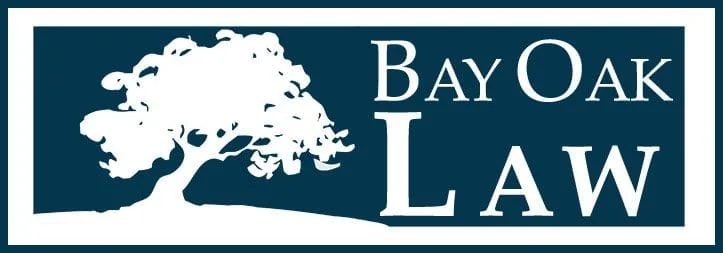- posted: Apr. 10, 2012
- Archive
© Bay Oak Law, 2012
Maybe its your company’s simple yet addictive game. Or perhaps it’s the new song your band wrote that is flooding the airwaves. Maybe its just your smartphone video of your pet yapping in time to a song. You immediately register your American copyright, yet within a few hours the Internet reveals that your work is being copied from Albania to Zimbabwe. How do you enforce your copyright?
Unfortunately, American law ends where American sovereignty ends. You cannot sue here in the United States for a copyright infringement that occurs in another nation. However, that does not mean you are helpless.
First, just because an infringement starts in another nation does not mean that American laws never apply. If a work is imported into the United States, it becomes subject to American law. Thus, if someone ports an infringing copy of your pet video onto YouTube’s servers, it becomes subject to American requirements under the Digital Millenium Copyright Act, including being taken down if the copyright owner demands it.
Still, most foreign infringements will not enter the United States, and there is no international copyright registration agency. However, your American registered copyright can still be enforced in the foreign country itself, if that foreign country has joined the Berne Convention for the Protection of Literary and Artistic Works. Almost all major countries have joined the “Berne Convention” to protect their country’s copyrighted works in other countries. (Countries that have not signed onto the Berne Convention include Afghanistan, Iran, Iraq, Burma, Cambodia, Laos, Somalia, and Ethiopia).
If someone infringes your copyright in a foreign country, your remedy is to sue the infringer where the infringement occurred, under the laws of that country. Under the Berne Convention, you are entitled to the same legal rights for your American-registered copyright as you would have if you had registered your work in that country. You will need to rely upon the legal processes of that country, so you will need competent legal advice there. Bay Oak Law cannot represent you in the foreign country, but we can help you find competent legal assistance if you need it.
It is always a good idea to note the copyright, even (or, especially) if you are not registering the copyright. Once you make your expression available to the world, you have rights under copyright. If someone is profiting from the expression that you worked so hard to create, you have a right to those profits, even if the profiteer/infringer is in a different country.



